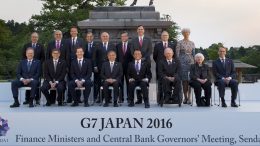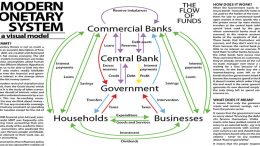European firms H2 earnings show solid performance from sectors like telcos, airlines
Pablo García Gómez (Carax Alphavalue) |Sector earnings from Europe for the second half of 2017 have been overall solid, with some positive surprises from “heavy cyclicals” like oil and metals and mining.







